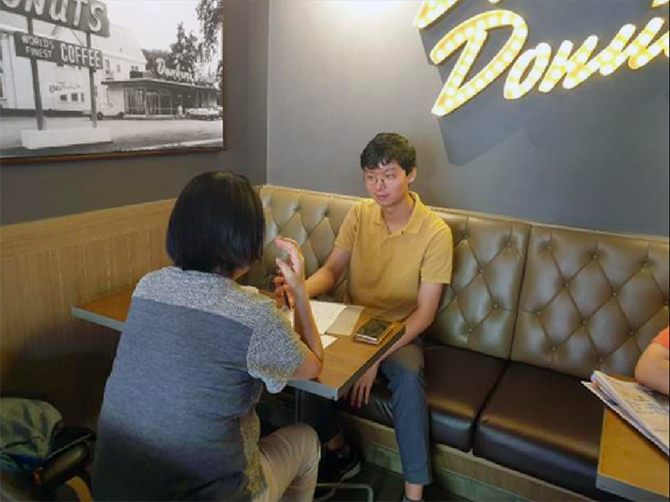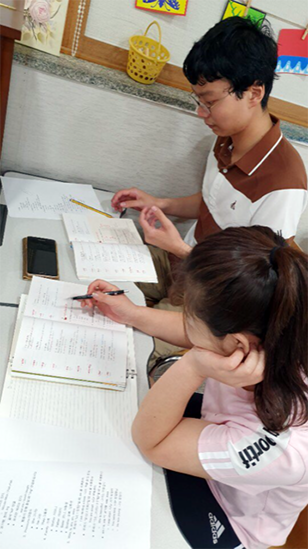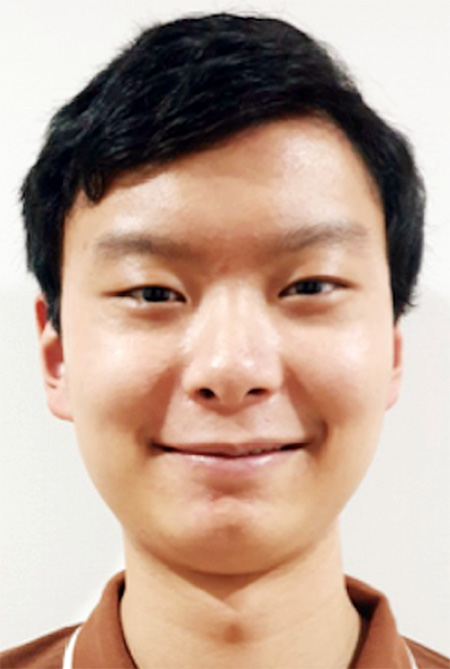According to South Korea’s Ministry of Unification, there are around 31,000 North Korean defectors living in South Korea. Despite coming to South Korea for a hope of a better life, many North Korean defectors actually find life in their new home much more difficult than expected. North Koreans often have difficulty finding jobs and face discrimination in their communities, making life in North Korea look better for some defectors such as Kwon Chol Nam who said to ABC news, “South Koreans do not want to socialize with us, they don’t treat us like human beings.” According to The Jakarta Post, North Koreans have a higher suicide rate than South Koreans because of isolation and financial hardship. This social stratification is not as much a result of cultural discrepancies between North and South Koreans as it is a result of the lack of opportunities for them to understand each other through interaction.

According to a former professor in mathematics at Kim Il Sung University, who will go by Professor X as a precaution, education in North Korea is very different from that in South Korea. “In North Korea, many students prioritize serving their country over getting an education. Most highschool students have to serve in the military for ten years after graduation. Only the top students can get a college education. In South Korea, military service is obviously much shorter so students have more opportunities to go to college,” said the professor. She emphasized that students in Pyongyang, however, can live normal lives and are actually fostered to get the education they need. “They are part of the privileged and get a free education. Pyongyang residents are more likely to go to university and perhaps skip or shorten military service. Therefore, people in Pyongyang have little if any reason to defect. Of course, this means that most defectors in South Korea are the ones who aren’t educated because they come from underprivileged areas in North Korea. This is why South Koreans think North Koreans are all uneducated, poor, and filthy,” she stated. Given that defectors largely define how South Koreans perceive North Koreans, it is clear that many South Koreans may have a distorted view of North Koreans.
It might seem counterintuitive to think that North Korean defectors risk their lives to leave their country while still having just as much love for it as any other citizen. “It is a common misconception that all North Korean defectors hate their country,” explained the professor. “Some defectors leave only because they are starving. They don’t believe that North Korea is to blame for their hardship. Rather, they believe that America and other Western countries hinder North Korea from prospering economically because of hostilities.” The professor showed that some North Korean defectors still hold onto their identity as North Koreans, and this may better explain why many of them have so much difficulty adjusting to South Korean society. Overall, she wanted to show that defectors are still people with pride, whether good or bad, and need to be understood rather than be immediately deemed as the filth of society or subjects of pity.

However, Professor X believed that education can be the key to the cultural integration of North Korean defectors in South Korea. “I don’t think defectors are getting educated as they should be. Yes, there is a lack of staff and resources. But more importantly, they are not engaging with South Koreans in school. Many of the schools dedicated to teaching North Korean defectors have staff who are defectors themselves. This is counterproductive in achieving their goal of fully adjusting to life in South Korea. They need to interact with and be taught by South Koreans whether they can initially get along or not.”
Indeed, North Korean defectors live difficult lives in Korea because they must adapt to new ways of life. Many of them are not educated at least not by the South Korean educational system and they often isolate themselves into their educational havens and communities tailor made for defectors. While a solution for financial hardship is hard to come by, there can be drastic improvements in the quality of life for defectors if schools were more focused on creating opportunities for South and North Korean students to socialize. Defectors can learn about South Korean culture through dialogue while South Koreans can learn about North Korean culture and why some defectors hold onto their identity as North Koreans. Regardless of the amount of disagreement, more dialogue and socialization would be crucial for having defectors and South Koreans interact as human beings rather than just as people from two antagonistic nations. Isolating North Koreans defectors into their own little world in South Korea will only bolster the public’s perception of their being second class citizens and perpetual aliens who come from enemy territories.

Brian Kook
Grade 11
Phillips Exeter Academy

